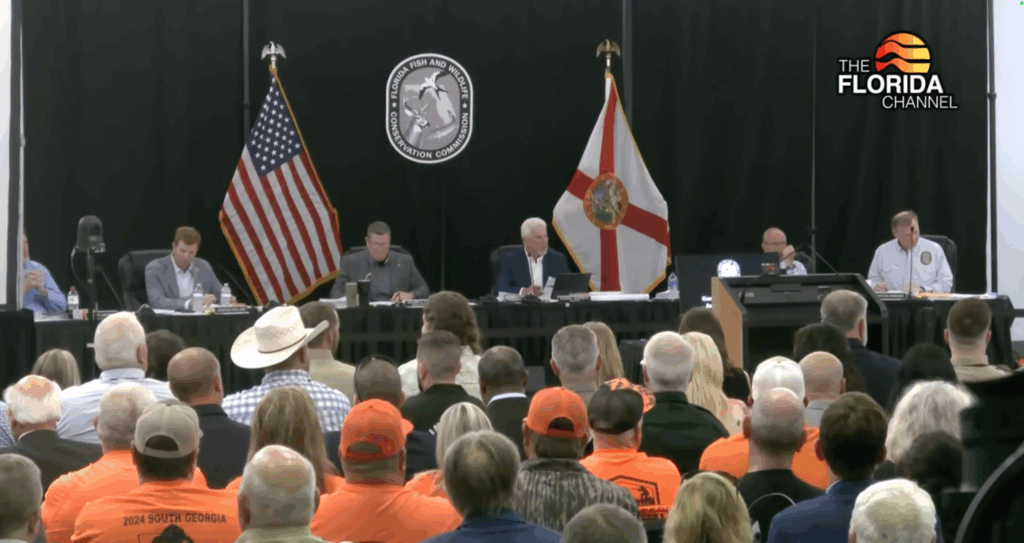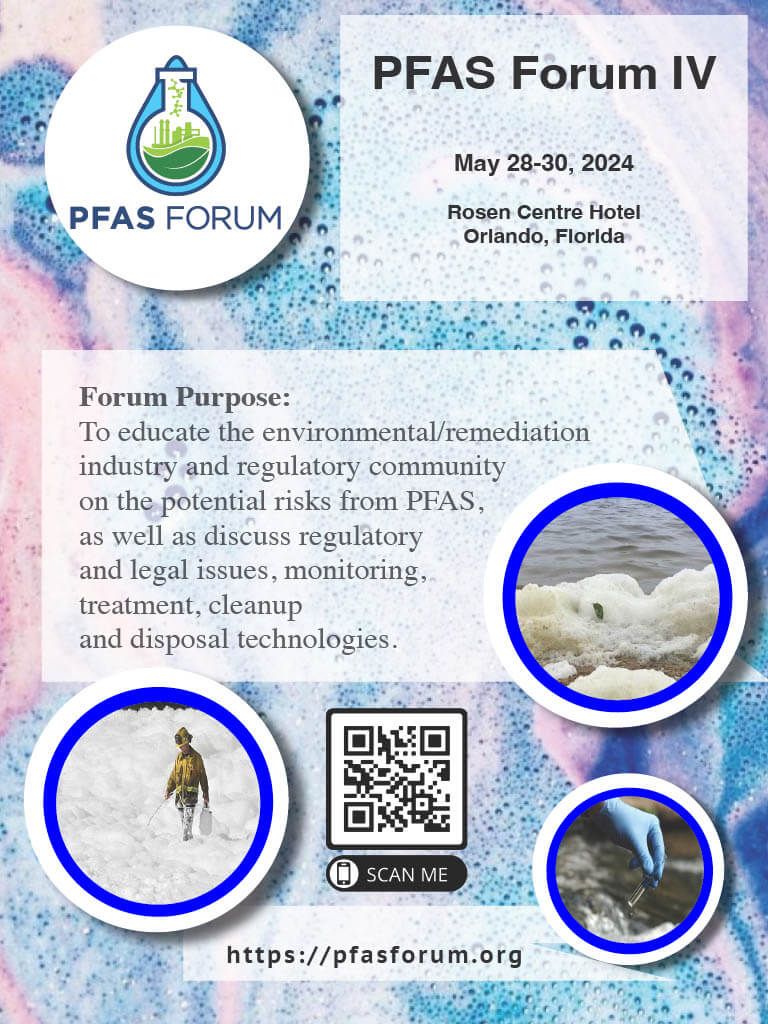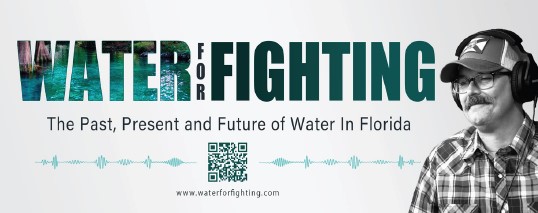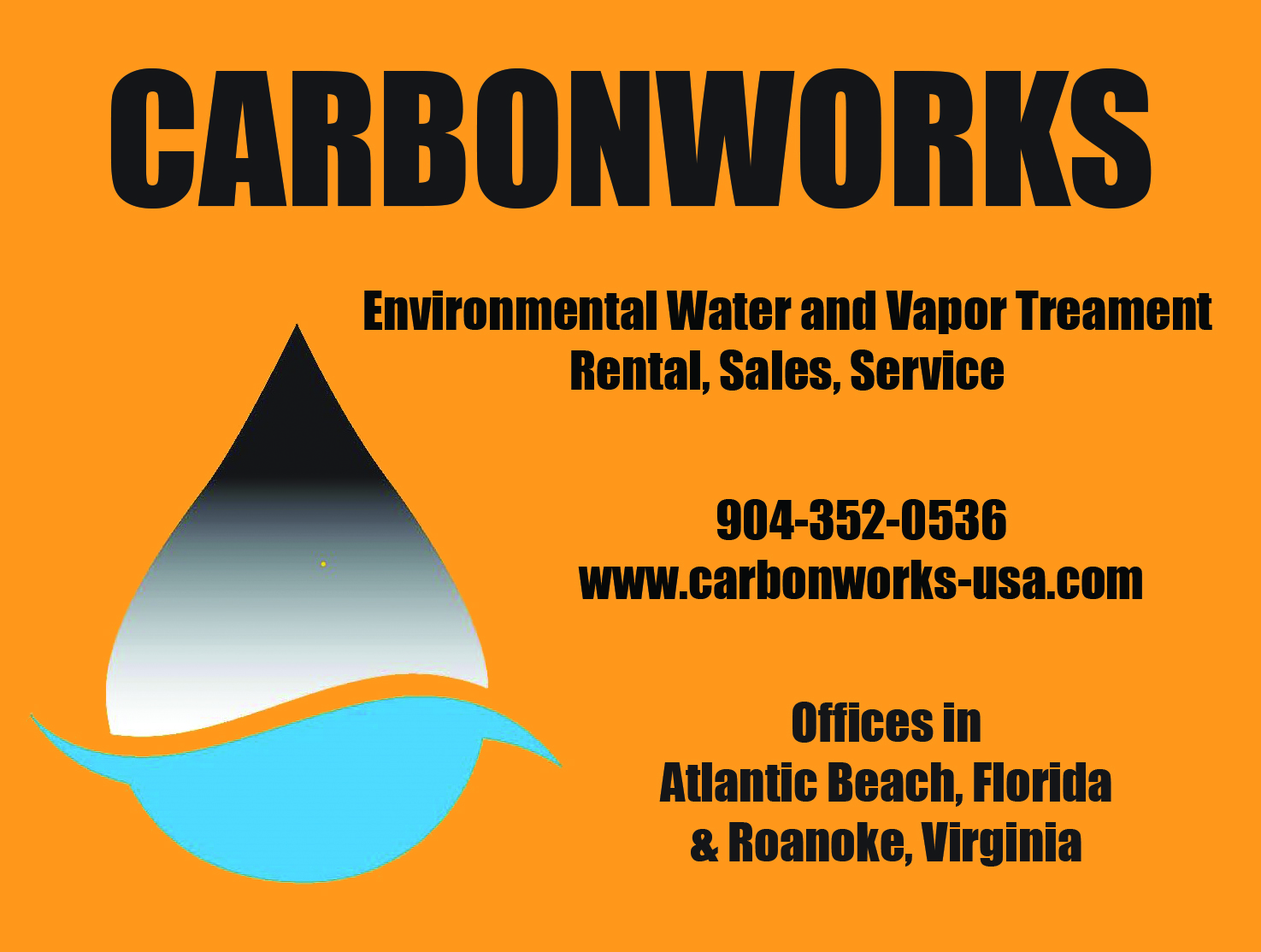By STAFF REPORTS
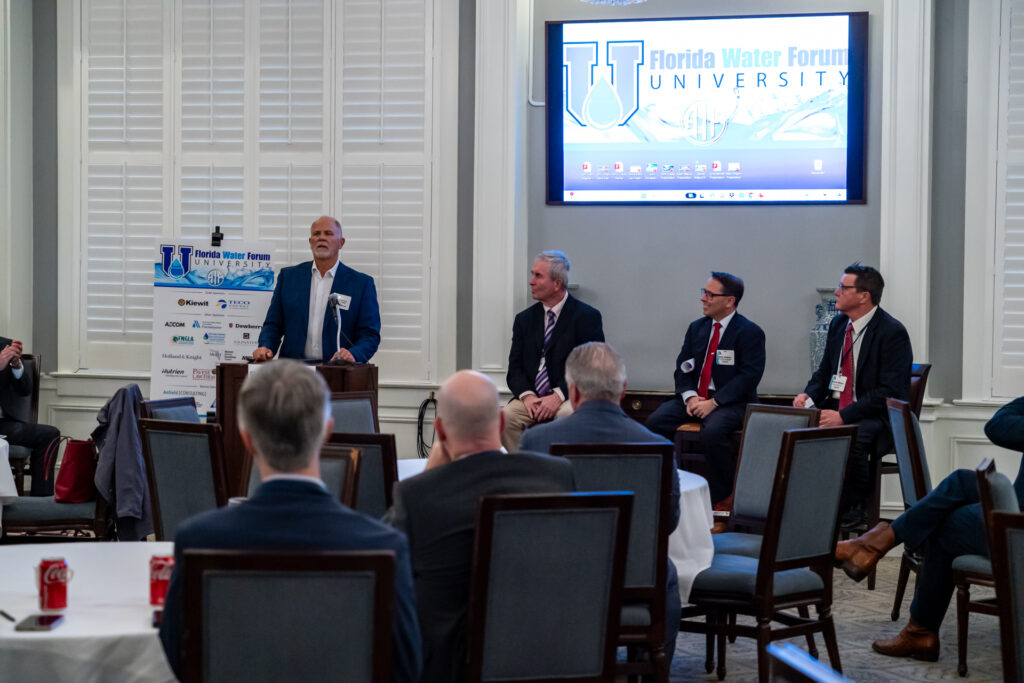
Associated Industries of Florida held a forum for new legislators on Jan. 13, touching on topics from water quality, and the increasing cost of projects to Lake Okeechobee, the Everglades, springs, and permitting.
The wide-ranging session was designed to provide an introduction to the in-depth world of environmental and water policy and allow legislators a chance to ask questions. Speakers ranged from current and former state officials to environmental lawyers, city officials, and non-profits.
Former Rep. Bobby Payne, who chaired the House Infrastructure Strategies Committee last legislative session, opened the session by saying the biggest issues the state faces are nutrient loading, water quality, red tide, over pumping, and saltwater intrusion.
He said new members will learn all manner of acronyms, and he offered a guide that provides a translation of many of the often-cited programs and regulations.
Presentations ranged from overviews of the role of the Florida Department of Environmental Protection and the water management districts, to which entities issue which permits, to how regulations shape different programs.
Presenters touched on the need to balance regulation and water quality needs, which spurred at least one comment.
Rep. Yvette Benarroch, a freshman member from Marco Island, started a discussion around the need for local planning.
“It seems to me that maybe we need to hold people more accountable,” she said. That led to a discussion about the need for local governments to not overregulate, but rather better plan for infrastructure needs and growth.
Ernie Barnett, Executive Director of the Florida Land Council, gave a history of Lake Okeechobee, the estuaries, and the Everglades, which are always top of mind and take a lot of legislative focus.
He noted that there are large holding ponds as part of the Everglades Agricultural Area the size of the city limits of Fort Lauderdale, demonstrating the massive amount of land being used to support Everglades water storage and quality purposes.
He said landowners in the area are making considerable investments to partner with federal, state, regional and local agencies on the project.
“Farms have partnered for 25-plus years,” he said. “Permits are not nice to-dos. They are regulatory actions.”
Other presentations touched on water consumption and the importance of balancing Florida’s population growth and the environment, and the afternoon session ended with a discussion of state agriculture programs designed to create partnerships between landowners and the state to help the environment.
Following last month’s Florida Water Forum in Orlando, the event furthers the important environmental topics legislators will no doubt take up in the coming weeks and months in Tallahassee.



